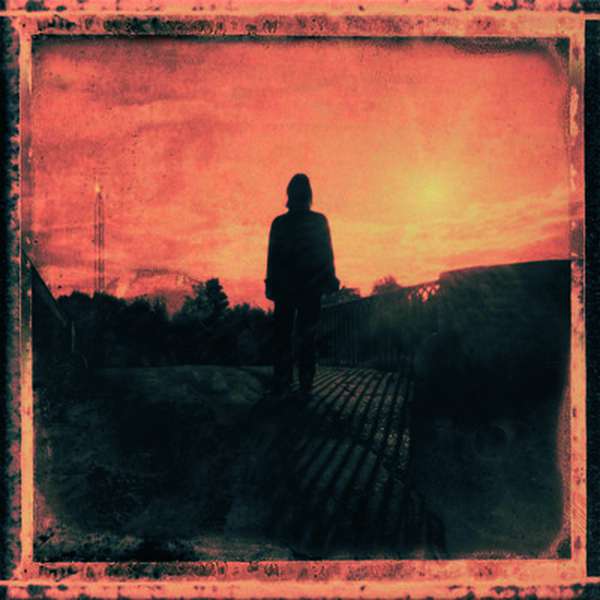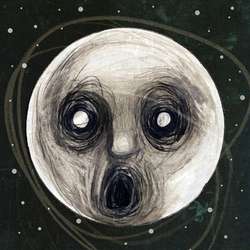It's pretty easy to get inside Steven Wilson's head. It's abundantly clear from his works with Porcupine Tree that the man has a fetish for 1970s era progressive rock à la Pink Floyd, Yes and King Crimson. Sure, Porcupine Tree has also picked up influences from modern extreme metal, but nobody can deny that the roots of Steven Wilson's pet project are back in the classic rock era. So, if you take away the rest of the band, what changes when Wilson is left alone?
Not much, it turns out.
Considering that he's the heart and soul of Porcupine Tree, it's really, really difficult not to compare this album to them. And I'm not saying that just because he's the founder and core member of the band; I mean the songwriting for both projects is almost exactly the same. These sound more like Porcupine Tree's studio outtakes or rejected tracks than an entirely new album of solo material. "Deform to Form a Star", for example, seems like something out of Stupid Dream or Lightbulb Sun, and "Postcard" sounds like one of the alternarock tracks off of Deadwing. The writing isn't bad by any measure, mind you, but the songs do sound weak. They are really floaty and groundless, and most of the time, they just seem to float along without paying much attention to whether or not you're listening. Sure, some of that is Wilson trying to capture the unhindered levity of the 1960s and 1970s--listen too long to the spacey jam "Raider II", for example and you'll suddenly get an irresistible urge to wear bell bottom jeans. But at times it's hard not to think that he may be overcompensating for Porcupine Tree's recent turn for the overpowering. Frankly, it could use a little bit of the metal kick that made albums like The Incident so brilliant. The entire album feels incredibly melancholic; some of the lighter ballady moments like "Belle du Jour" and the title track try so hard capture that Fear of a Blank Planet-esque sense of depressive brooding that they just sound sour and don't go anywhere.
Don't get me wrong, there are some incredibly lucid moments on the album. "Sectarian", for example, is actually some extremely good modern prog, what with its distinct 7/4 grooves and intense arrangement. The guest performers are what really make this album though. "Remainder the Black Dog", probably the strongest track on the album, features the excellent guitar work of none other than Steve Hackett (Genesis), the epic "Raider II" features a fantastic, jazzy solo the keyboard wizard Jordan Rudess (Dream Theater, Dixie Dregs, Liquid Tension Experiment), "No Part of Me" and "Remainder the Black Dog" feature brick-shittingly awesome saxophone shredding solos from UK sax man Theo Travis (The Tangent), and "Like Dust I Have Cleared From My Eye" borrows the juicy bass talents of Tony Levin (every progressive band, ever).
There's also a heavy use of silence and dynamicism to the album, a lot of which contributes to its generally moody atmosphere. I haven't had to fiddle with my volume knob this much since I started listening to Godspeed You! Black Emperor. Many of the pieces incorporate lengthy periods of silence into their work, forcing you to pause and really take in the music. The heavy use of piano-end dynamics actually does a spectacular job of focusing attention on the music, though it does make for a pretty shitty listen if you're driving on the highway or in a loud public place.
Grace for Drowning really is a good album, but there's not a whole lot of new material here, especially for a double-disc extravaganza. I loathe how much I've been harping on the similarities to Porcupine Tree, but honestly, that's just about what this album is: Porcupine Tree sans the rest of the band. That's not to say it's bad. It's just stuff we've already heard a dozen times over, and the few surprises here and there really aren't enough to make this album a classic. It's good, and I certainly recommend it, but you won't lose too much if you skip it.



